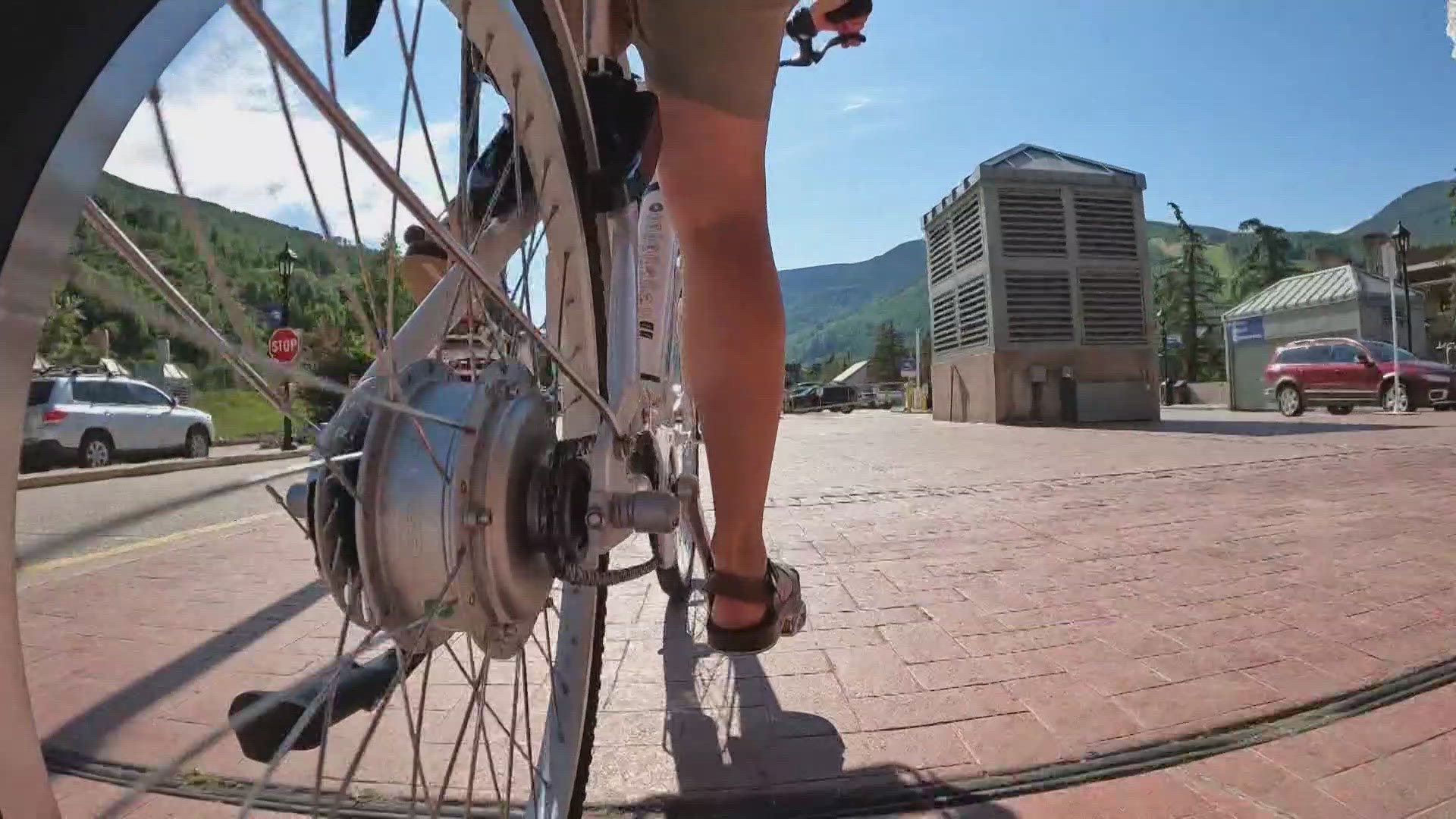DENVER — Becoming energy efficient comes with benefits.
Literal benefits.
Depending on the type of efficiency, there are government-funded rebates in Colorado to lower the cost.
A survey done by Denver’s Office of Climate, Action, Sustainability & Resiliency found that nearly four-out-of-five rebates went to well-off white people.
The city just made a change to one of its rebates.
For a Denver resident who wanted to install an electric vehicle (EV) charger at home, the city offered $500 off, if the resident used a pre-approved installer.
That rebate was just reduced to $200, in part, to help income-qualified residents.
“Far and away our most popular program that we offer from Denver’s climate office is our e-bike rebate program,” Emily Gedeon, spokeswoman for Denver’s climate office, said. “Just in the most recent release of e-bikes [rebates] in April, we were able to increase income-qualified vouchers by 100 new vouchers.”
In February, Denver released 800 vouchers for e-bikes. Of those, 600 were for any resident and 200 were reserved for lower-income residents.
By reducing the EV charger rebate to $200, the city has shifted that money to help fund more e-bike rebates for those who are income-qualified. When 800 more e-bike rebates were released on April 30, 500 were for anyone and 300 were reserved for income-qualified residents.
“We know from our data that income-qualified individuals tend to redeem their e-bike vouchers at a higher rate and use their e-bikes at a higher rate,” Gedeon said. “More than 8,300 Denverites have redeemed a voucher through the e-bike rebate program, so we are seeing immediate climate and public health benefits.”
In total, the e-bike rebate program has provided discounts for 8,313 Denver residents.
Of those, lower-income residents have received about 44% of them, totaling $5 million. That means that the average rebate is $1,373.
Residents who are not income-qualified have received rebates totaling $2.28 million. That means the average rebate is $543.
The rebates are funded through a .25% sales tax that Denver voters approved in 2020. It brings in more than $40 million each year.
The rebates are just a portion of what the money helps fund.
“We have a program called Healthy Homes, which is focused on weatherization, energy audits and electrification,” Gedeon said.
That program fully covers the cost to make homes energy efficient for low-income families that have someone in the home with a respiratory illness.
More from Marshall Zelinger:
SUGGESTED VIDEOS: Next with Kyle Clark

